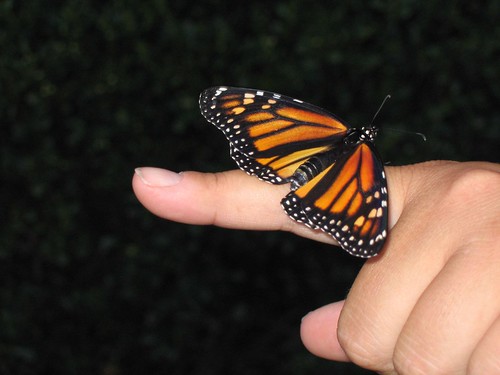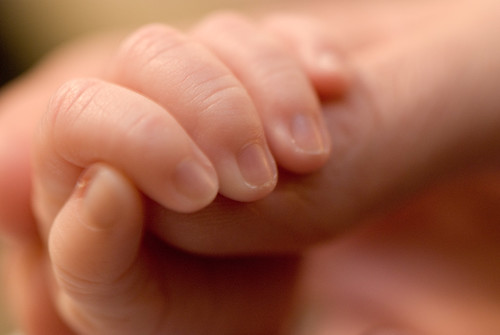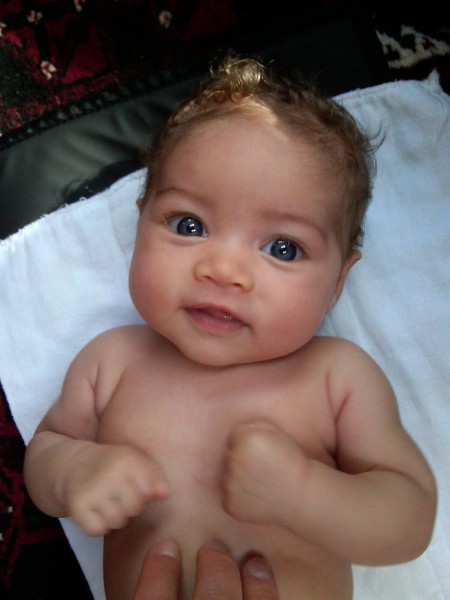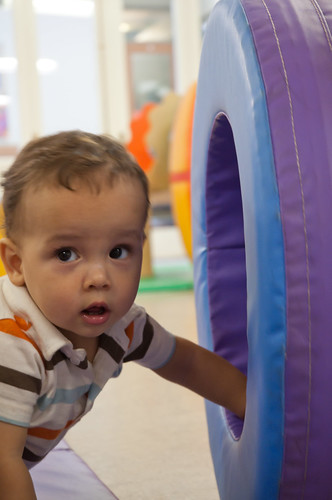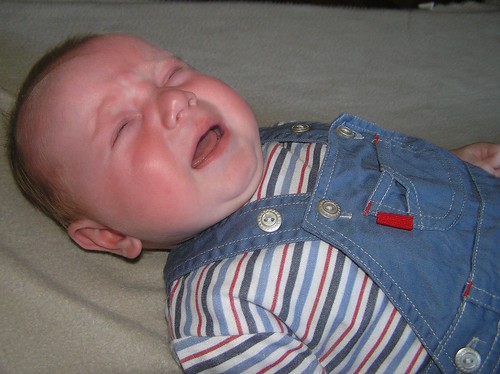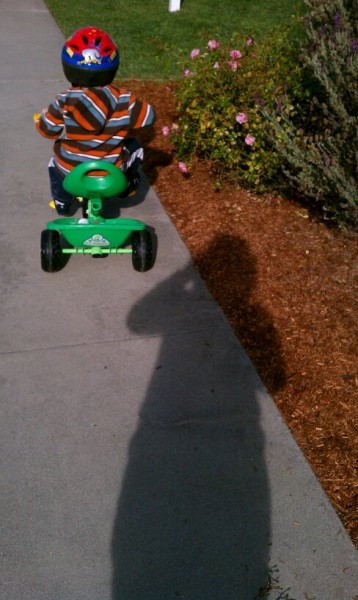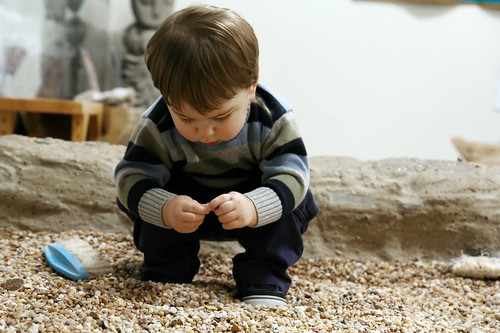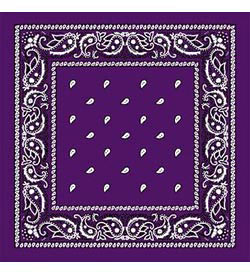 Perhaps you’ve heard of former Wall Street Journal reporter Pamela Druckerman’s new memoir, Bringing Up Bebe: One American Mother Discovers the Wisdom of French Parenting?
Perhaps you’ve heard of former Wall Street Journal reporter Pamela Druckerman’s new memoir, Bringing Up Bebe: One American Mother Discovers the Wisdom of French Parenting?
Written in a lively, engaging style, laced with many humorous anecdotes, and well researched, this is not a “how to”, so much as it is Druckerman’s finely observed account of how she finds herself married to a British man and living in Paris when their first child is born, ten years ago. (She’s since had two more children, and she and her family still reside in Paris.) In a hilarious scene that will ring all too true for many American parents of toddlers, she recounts how she and her husband decide to take a a brief summer “holiday” with their then 18 month old daughter (the holiday that makes them swear off “travel, joy, and ever having more kids”).
As she looks around, Druckerman notices that the Parisian parents dining with their toddlers of the same age don’t look stressed or hassled, and unlike her daughter, the Parisian toddlers are sitting happily in their highchairs eating “fish, and even vegetables.” She begins to wonder about the differences she’s observing. She says, “Before I had a child, I never paid attention to anyone else’s. And now I mostly look at my own. I can’t help but notice that there seems to be another way. But what exactly is it?” And so, we have the beginnings of the book, which has been given much attention and advanced promotion in the popular press in recent days.
The gist of the many articles/reviews I’ve read is that “French parenting” (and by extension French parents) is superior to American parenting because it results in babies who sleep through the night at three months of age, are quite well mannered and polite as toddlers, and have sophisticated tastes in food. While all of these things may be true, I think the focus is skewed.
The problem I find with the way the book is being promoted and reviewed is that (as usual) the media is focused on asking and answering the question, “Is French parenting superior to American parenting?” Does this ring any bells? Last year, it was Amy Chua’s book, Battle Hymn of The Tiger Mother, about Chinese Parenting that was the focus of the controversy. (I read that one too! ) However, framing the discussion in these terms misses the point, and while it is dubious as to whether it sells more books, what it does do is raise hackles, result in snap judgments, and add fuel to the tired old argument of who has dibs on the “the best way to parent.”
Many won’t even open the book because they’ve pre-judged it based on recent news coverage, and the argument will continue to rage on at a superficial level. This serves no one well. I think the question Druckerman begins with is a much more useful one to consider. Are there things we can learn from observing the way parents in another country raise their children that can inform our own quest to do well by our children, while allowing us to enjoy them (and parenting) more at the same time? If there are things to learn, what are they? Druckerman notes “nobody seems to like the relentless, unhappy pace of American parenting, least of all parents themselves.” She notices French parents seem less guilt and anxiety ridden , and they seem to enjoy their children more.
Druckerman states at the beginning that she doesn’t suffer from a pro-France bias, and when she says”French parents” she’s generalizing, because of course, everybody is different, and she’s comparing mostly educated middle and upper middle class French parents with their American counterparts. She also notes that France provides families with all kinds of public support services that make parenting more enjoyable and less stressful- things like universal (and free) health care, free preschool, and even monthly cash allotments for having children, yet she doesn’t think this fully explains the differences she notes. To her, it seems “the French have a whole different framework for raising kids.”
Druckerman concludes the first chapter of the book this way:” There are dozens of books offering Americans helpful theories on how to parent differently. I haven’t got a theory…. I’m starting with the outcome and working backward to figure out how the French got there. It turns out that to be a different kind of parent, you don’t just need a different parenting philosophy. You need a very different view of what a child actually is.”
As I read these words, I find myself cheering. This is exactly what I have come to believe, based not only on my experience, but on my studies with Magda Gerber (Hungarian, not French) who sought to revolutionize not just how parents and others care for and raise babies, but who believed this shift could not and would not come about through teaching or learning any particular “technique” or following any set of prescribed do’s and don’t’s, but through a fundamental change in the way we see and think about babies. My take on this: “If we change the way we think about babies, we change what we do, and if we change what we do, we change the outcomes we get. It’s as simple as that.”
So, my plea is for a more nuanced conversation. My hope is that people will read the book before judging and dismissing it, and that we can move beyond simplistic stereotyping, and arguments about whether the French, or the Chinese, or the Hungarians, or the Finns are “superior” parents, and instead talk about what we can learn from and share with each other that will lead to raising happy, healthy, well rounded, resilient, children and result in strong families.
(Note: It is rumored that many French babies sleep through the night starting at three to four months of age. Many who haven’t yet read Druckerman’s book believe this is because they are bottle fed, or left to cry without comfort. Nothing could be further from the truth. A hint to helping baby learn to sleep well from early on without “crying it out”: Combine a bit of science with sensitive observation and response. Most of all, begin with trust in a baby’s capabilities. Bringing Up Bebe is worth buying and reading just for the chapter on sleep.)
